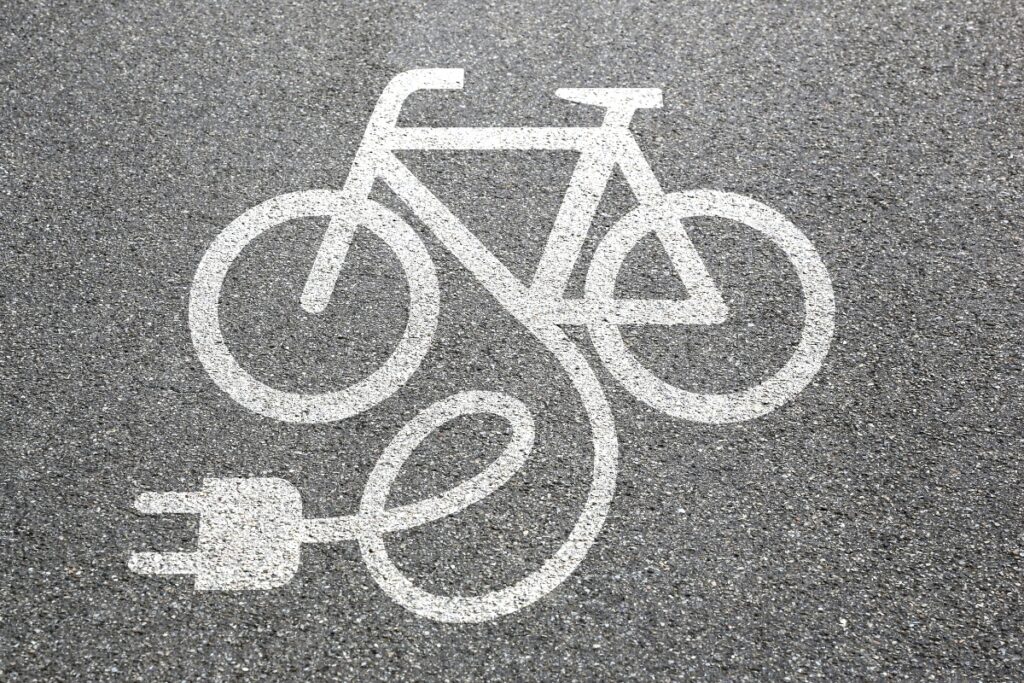This article is about e-Bike and e-Scooter battery fires in strata on the increase.
Is it Possible to Ban E-bikes and E-scooters?
There have been a recent spate of fires in Sydney apartment buildings caused by the charging of e-bikes and e-scooters. Those fires have resulted in a number of strata buildings introducing by-laws to ban or regulate e-bikes and e-scooters. But is it possible to ban e-bikes and e-scooters?
An owners corporation has a broad power to make by-laws to manage, control and administer the use of the lots and common property in its building. This enables an owners corporation to make a by-law that stipulates what residents can and cannot do within their lots.
However, there are some restrictions on the by-law making power of an owners corporation. In particular, a by-law cannot be harsh, unconscionable or oppressive. Any by-law that is, is unenforceable.
In 2020, the NSW Court of Appeal handed down a ruling providing guidance on the circumstances in which a by-law will be harsh, unconscionable or oppressive. In that case, the Court said that if a by-law prohibits an activity that is capable of being carried out in a manner that does not have a detrimental impact on the use and enjoyment of the lots and common property by residents, then the by-law will be harsh, unconscionable and oppressive.
In that case, the Court concluded that a by-law banning pets in a strata building was harsh because it was possible for residents to keep some types of pets in the building without having a detrimental impact on the amenity of other residents: see Cooper v SP 58068 [2020] NSWCA 250.
This begs the question:
Can a By-law Prohibit the Charging of E-bikes and E-scooters in a Strata Building?
The answer to that question is most likely “no”. This is because it is possible to charge e-bikes and e-scooters without creating a fire risk or otherwise having a detrimental impact on the use and enjoyment of the lots and common property by other residents. Indeed, any by-law that bans e-bikes and e-scooters is not likely to be enforceable.
So what are the options for any owners corporation that wants to reduce the fire risk created by the charging of e-bikes and e-scooters? There is nothing wrong with an owners corporation introducing a by-law that restricts the right of residents to charge e-bikes and scooters. For example, a by-law could require residents to apply to and obtain the consent of the owners corporation to charge e-bikes and e-scooters in the building.
Further, a by-law could introduce rules that must be obeyed by residents to minimize the fire safety risk created by the charging of e-scooters and e-bikes. For instance, a by-law could stipulate that residents need to ensure that their e-bikes and e-scooters (including the lithium batteries that power them and the chargers for them) comply with the applicable Australian standards, that residents periodically monitor their e-bikes and e-scooters whilst they are being charged and residents otherwise take all reasonable steps to minimise a fire safety risk created by the charging of e-bikes and e-scooters.
Whilst it can be difficult to police by-laws that regulate the charging of e-bikes and e-scooters, doing so is not impossible and these by-laws at least give owners corporations the right to control the charging of e-bikes and e-scooters and to do something when residents disobey the by-law.
Can an E-bike and E-Scooter By-law Protect the Owners Corporation?
Further, these types of by-laws can provide the owners corporation with protection in the event that a resident disobeys the by-law and causes a fire when charging an e-bike or e-scooter. For instance, a by-law could require the resident to indemnify the owners corporation against any property damage that is caused by such a fire and to cover the costs the owners corporation incurs repairing any damage caused by the fire.
Ultimately, the use of e-bikes and e-scooters is on the rise and this means that is now necessary for many owners corporations to grapple with the problem created by the charging of e-bikes and e-scooters. Introducing an appropriately worded by-law is best practice and will provide an owners corporation with the greatest amount of protection to minimize the risk of a fire caused by the charging of an e-bike or e-scooter.
Adrian Mueller JS Mueller & Co Lawyers E: adrianmueller@muellers.com.au P: 02 9562 1266
This post appears in Strata News #682.
If you have a question or something to add to the article, please leave a comment below.
EmbedDisclaimer: The information contained in this article is provided for your personal information only. It is not meant to be legal or professional advice nor should it be used as a substitute for such advice. You should seek legal advice for your specific circumstances before relying on any information herein. Contact JS Mueller & Co for any required legal assistance.
JS Mueller & Co Lawyers has been servicing the strata industry across metropolitan and regional NSW for over 40 years. We are a specialist firm of strata lawyers with in depth and unmatched experience in, and comprehensive knowledge of strata law and levy collection.
Read next:
- NSW: E-Bike and E-Scooter Battery Fires in Strata on the Increase
- NSW: Q&A Installing Electric Vehicle (EV) Charging Stations in Strata
- NSW: Electric vehicles in strata schemes
This article has been republished with permission from the author and first appeared on the JS Mueller & Co Lawyers website.
Visit our Strata By-Laws and Legislation OR NSW Strata Legislation
Looking for strata information concerning your state? For state-specific strata information, take a look here.
Are you not sure about some of the strata terms used in this article? Take a look at our NSW Strata Glossary to help with your understanding.
After a free PDF of this article? Log into your existing LookUpStrata Account to download the printable file. Not a member? Simple – join for free on our Registration page.
